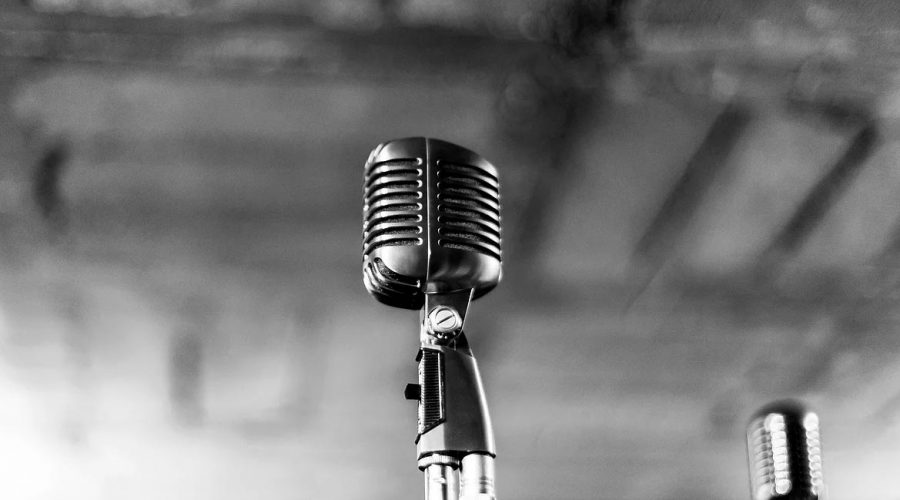It’s been a week since Donald Trump defeated Hillary Clinton in the US presidential election, and over that time we’ve seen conversation quickly turn to whom, not if or when, but who among women leaders will put herself forward next for the top job.
The sentiment was vaguely similar to the last interview we did with renowned Australian businesswoman Carol Schwartz, who in March called on women to start putting themselves forward more for leadership positions.
Nine months later, Carol, who is a non-executive director of property group Stockland and Bank of Melbourne, says Hillary’s defeat is likely to be the tipping point for change not just in the US but also in Australia.
“I think there were much bigger issues with Clinton as the Democratic candidate than the fact she’s a woman.
“Notwithstanding that a lot of commentators are saying there was a lot of sexism that worked against her, and the fact she is a strong ambitious woman – I guess society is still not used to seeing women in those top roles.
“I’m actually very hopeful that we will see more women in politics and senior leadership now, because I have been listening to a lot of commentary in the United States and one article I recall is one which said that Hillary’s defeat will be a call to each and every woman to put themselves forward.
“I actually agree that this is more likely to happen because I think that Hillary has broken the barrier for women to put themselves forward for that top role and to also put themselves forward for higher office positions.”
A recent article published in the Huffington Post said the newly formed US Congress is likely to be the most diverse yet with a number of highly talented women in office set to break multiple glass ceilings – from race to gender.
Before the US election, a lot of US citizens, including legendary singer Barbra Streisand said that if Trump was to win they would leave America, but what we are starting to see vocalised through social and mainstream media is a call to action.
“Most of my American friends and colleagues have said that now we have to pick ourselves up and fight for what we believe in.
“Indeed I don’t remember anytime where the US has demonstrated so strongly about the transitioning of power from one president to the next.
“These demonstrations are showing such a depth of feeling between the disparity of thinking on leadership.
As the founding chair of the Women’s Leadership Institute Australia, Carol is outspoken on the need for big business and governments to embrace greater diversity.
Carol’s actively involved in the Pathways to Politics program at Melbourne University, which aims to increase the number of women in Australian politics.
In Australia, less than one-third of all parliamentarians and one-fifth of all ministers are women, while less than 20 per cent of women hold chief executive positions.
“We did a pilot program this year and it has been enormously successful. The caliber of women who put themselves forward has been stunning.
“Regardless of what political party the women put themselves forward for, they are all committed to seeing that we have a balance of women in political power. It has been a very, very exciting program.
“I think a lot of women are focusing on women in leadership positions and people are seeing them as an untapped resource.
“The way you do that is to make sure you have a seat at the table and that you have a voice and that is really important, and sometimes you have to take a deep breath to make sure you are heard.
“It gets back to the conversation about Hillary Clinton, who was an ambitious women for the most powerful job in the world, and that has certainly opened the door for other women to have a go,” Ms Schwartz said.












